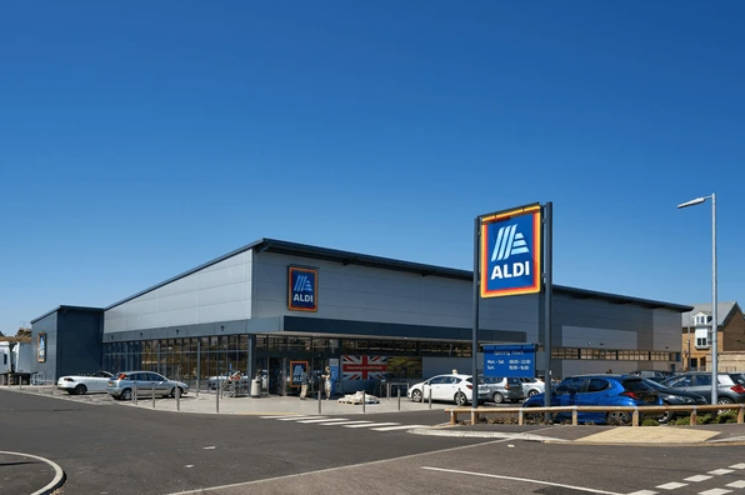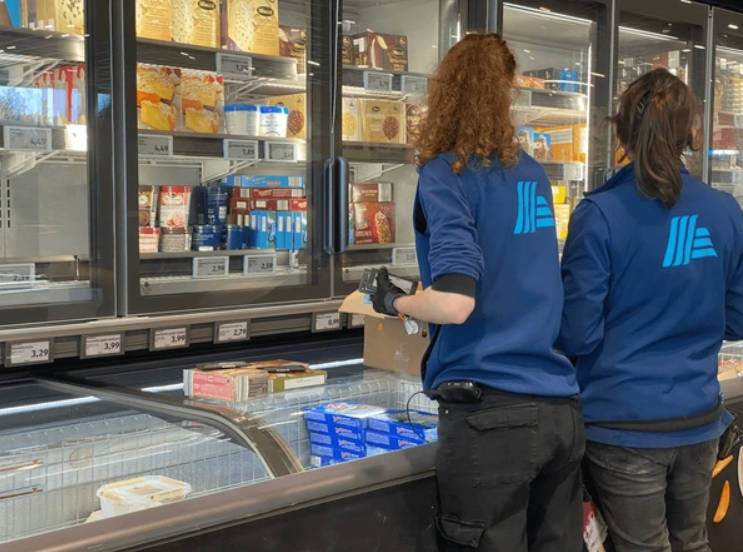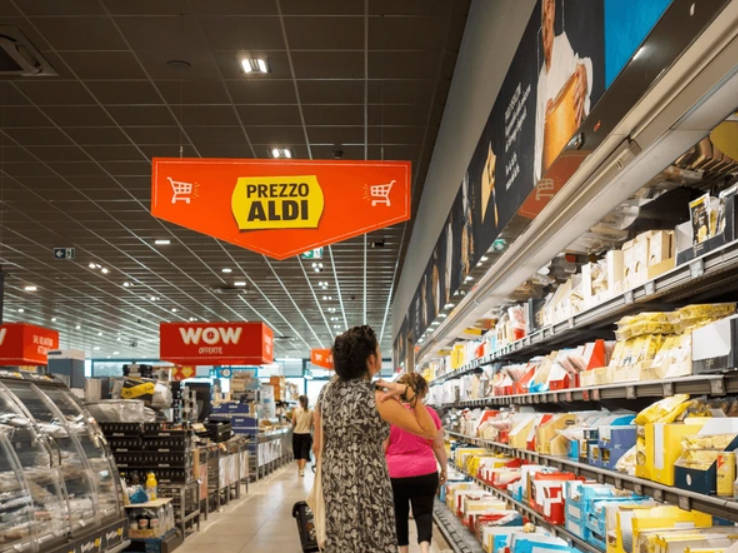Important Information
This website is managed by Ultima Markets’ international entities, and it’s important to emphasise that they are not subject to regulation by the FCA in the UK. Therefore, you must understand that you will not have the FCA’s protection when investing through this website – for example:
- You will not be guaranteed Negative Balance Protection
- You will not be protected by FCA’s leverage restrictions
- You will not have the right to settle disputes via the Financial Ombudsman Service (FOS)
- You will not be protected by Financial Services Compensation Scheme (FSCS)
- Any monies deposited will not be afforded the protection required under the FCA Client Assets Sourcebook. The level of protection for your funds will be determined by the regulations of the relevant local regulator.
Note: Ultima Markets is currently developing a dedicated website for UK clients and expects to onboard UK clients under FCA regulations in 2026.
If you would like to proceed and visit this website, you acknowledge and confirm the following:
- 1.The website is owned by Ultima Markets’ international entities and not by Ultima Markets UK Ltd, which is regulated by the FCA.
- 2.Ultima Markets Limited, or any of the Ultima Markets international entities, are neither based in the UK nor licensed by the FCA.
- 3.You are accessing the website at your own initiative and have not been solicited by Ultima Markets Limited in any way.
- 4.Investing through this website does not grant you the protections provided by the FCA.
- 5.Should you choose to invest through this website or with any of the international Ultima Markets entities, you will be subject to the rules and regulations of the relevant international regulatory authorities, not the FCA.
Ultima Markets wants to make it clear that we are duly licensed and authorised to offer the services and financial derivative products listed on our website. Individuals accessing this website and registering a trading account do so entirely of their own volition and without prior solicitation.
By confirming your decision to proceed with entering the website, you hereby affirm that this decision was solely initiated by you, and no solicitation has been made by any Ultima Markets entity.
I confirm my intention to proceed and enter this website Please direct me to the website operated by Ultima Markets , regulated by the FCA in the United KingdomIs It Possible to Buy Aldi Stocks Now?
Aldi has grown from a small family-run shop in Germany to one of the most influential grocery retailers in the world. With more than 13,200 stores across Europe, the United States, and Asia, Aldi has built its reputation on low prices, private-label products, and efficient store formats. Its success has transformed the supermarket sector and sparked constant interest from investors. But the question remains: can you buy Aldi stocks?

Are Aldi Stocks Publicly Traded?
The answer is no. Aldi stocks are not publicly traded, and there is no ticker symbol. The company is privately owned by the Albrecht family and is divided into two entities. Aldi Süd manages operations in Southern Germany, the UK, Ireland, Australia, China, and the U.S., while Aldi Nord oversees Northern Germany, France, Belgium, Spain, and the Netherlands. Aldi Nord also owns Trader Joe’s in the United States, acquired in 1979.
Because both companies remain private, there is no direct way for investors to purchase Aldi shares.
Why Aldi Remains Private
Aldi’s private status is a deliberate choice. Listing on the stock market would mean sharing decision-making power with outside shareholders, which the Albrecht family has resisted since the company’s split in 1966. More importantly, Aldi has never needed public money to fund its growth.
In 2023, Aldi Süd acquired 400 Winn-Dixie and Harvey’s supermarkets in the U.S. Southeast. It also committed $9 billion to expand its U.S. presence with 800 new stores by 2028. These moves are financed internally, showing that Aldi’s profitability and cash flow are strong enough to support major expansion without outside investors.
Aldi’s business model is another reason it thrives privately. The chain keeps costs down with smaller stores, limited product ranges, heavy reliance on private-label brands, and no-frills operations where customers bag their own groceries. This efficiency allows Aldi to generate more revenue per square foot than many competitors while maintaining its low-price promise.

How Profitable Is Aldi in 2024–2025?
Although Aldi does not publish audited results, available data highlights its financial power. Statista estimated combined global sales for Aldi Süd and Aldi Nord at approximately €112 billion, marking an 8.7% increase year-over-year. By 2024, Aldi Nord and Aldi Süd together reported revenues of about €117.6 billion.
Expansion is accelerating. In 2024, Aldi opened 120 new U.S. stores, and in 2025 it plans a record 225 more, part of its long-term American growth strategy. Online operations are also scaling: Aldi’s U.S. e-commerce sales reached $683 million in 2024, with double-digit growth expected through 2025.
Industry analysts estimate Aldi’s valuation at around $50 billion, larger than Kroger but still far below Walmart’s $400+ billion. Hypothetical models suggest Aldi’s stock could trade between $47 and $71 per share if it ever launched an IPO. Still, with profitability high and expansion self-funded, there are no signs that Aldi will go public anytime soon.
Can You Invest in Aldi Stocks Indirectly?
While Aldi stocks are off-limits, investors can look at alternatives. One option is competitors such as Walmart (NYSE: WMT), Costco (NASDAQ: COST), Kroger (NYSE: KR), or Dollar General (NYSE: DG), all of which compete in the value-focused retail space.
Another route is consumer staples ETFs, like the Vanguard Consumer Staples ETF (VDC) or the Fidelity MSCI Consumer Staples ETF (FSTA). These funds include global grocery and household-goods leaders that operate under the same market dynamics as Aldi.
Finally, investors can consider Aldi’s suppliers, including Nestlé, Procter & Gamble, and Unilever, which benefit directly from the chain’s high-volume sales.
A Brief History of Aldi Stocks
Aldi’s origins go back to the 1930s, when brothers Karl and Theo Albrecht took over their mother’s grocery store in Essen, Germany. By 1962, they had renamed the business Albrecht-Diskont — shortened to Aldi. In 1966, a disagreement over whether to sell cigarettes led to the company’s split into Aldi Nord and Aldi Süd.
From there, the two groups expanded aggressively. Aldi Nord’s acquisition of Trader Joe’s in 1979 gave it a foothold in the U.S., while Aldi Süd drove growth in Europe, Australia, and North America. Together, they built Aldi into a global powerhouse, recognised today for efficiency, affordability, and relentless expansion.
Will Aldi Stocks Ever Be Listed?

The idea of an Aldi IPO generates excitement whenever it surfaces, with analysts often speculating on how much the company could be worth. Yet the Albrecht family shows no intention of pursuing a listing. Aldi has all the resources it needs to expand, and the family prefers the privacy and independence of staying outside the stock market. For now, the possibility of buying Aldi stocks remains only hypothetical.
Key Takeaway on Aldi Stocks
Aldi’s rise from a small German store to a $50 billion global retailer is remarkable. But for investors, the reality is clear: Aldi stocks are not available to buy. Instead, those seeking exposure to the grocery sector can look at competitors, ETFs, or suppliers that benefit from the same consumer trends.
Disclaimer: This content is provided for informational purposes only and does not constitute, and should not be construed as, financial, investment, or other professional advice. No statement or opinion contained here in should be considered a recommendation by Ultima Markets or the author regarding any specific investment product, strategy, or transaction. Readers are advised not to rely solely on this material when making investment decisions and should seek independent advice where appropriate.












